Apple's "Really With You" Sparks Laughter, Why Don't Foreign Brands Take Translation Seriously?
![]() 07/08 2024
07/08 2024
![]() 612
612
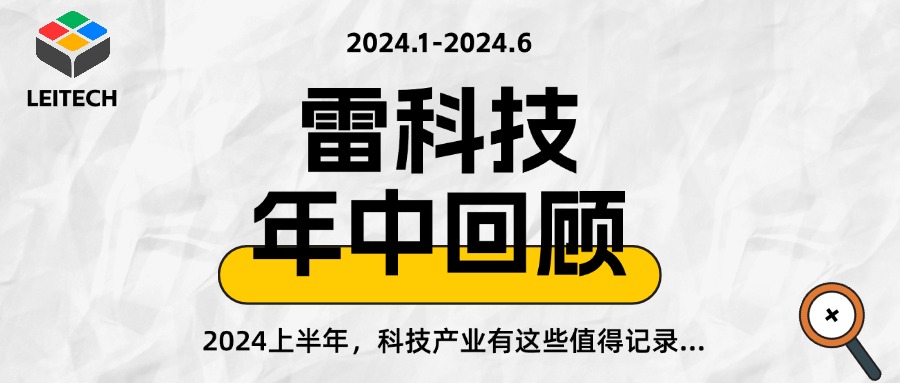
Apple's promotional style has always been eccentric, whether it's videos or copywriting. If you don't have a bit of "Apple-style understanding," it can be difficult to grasp. This leads to a result: users who can understand enjoy it, while those who can't are left confused, not knowing what it's trying to convey.
Sure enough, Apple is at it again with its Chinese promotional slogan for iOS 18, with obscure copywriting drawing criticism from numerous tech bloggers and netizens. Whether this was unintentional or intentional, Apple's promotional purpose has been achieved.
"Really With You," this slogan is truly Apple.
Recently, Apple's official website in mainland China updated the iOS 18 introduction page, showcasing the new design and features of iOS 18 in detail. This is a normal occurrence, but Apple inserted a strange promotional phrase into the iOS 18 introduction page—"Really With You."
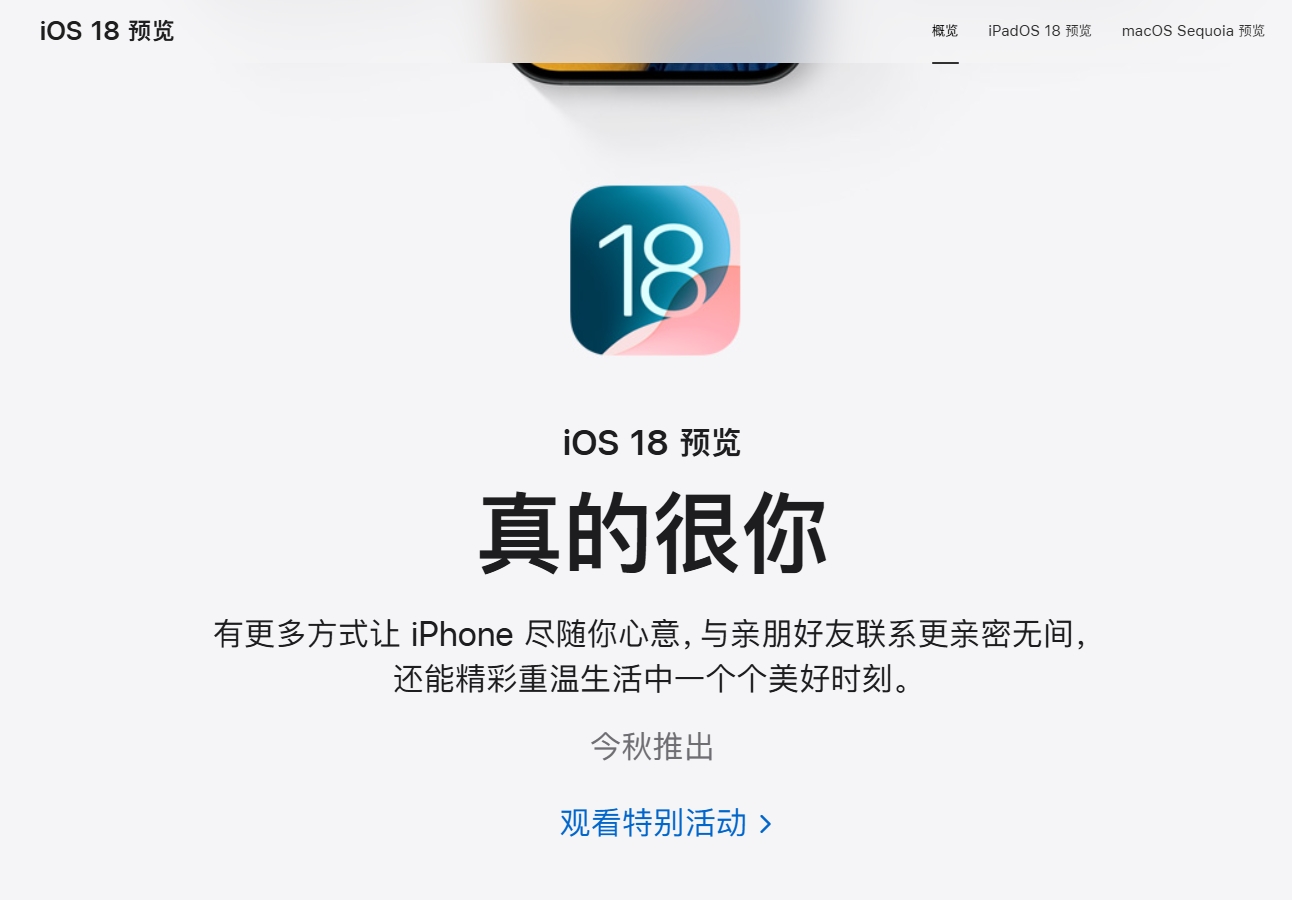
Source: Apple's official website
When I saw this phrase, I had a moment of confusion. I recognized each word individually, but when put together, it made no sense. Initially, I thought it was a mistake by Apple's staff and would soon be corrected. But after waiting for half an hour with no official action, I finally realized this was Apple's "creative" copywriting.
Many netizens also felt discomforted, expressing doubts on social media: "Apple's marketing copywriting is really anti-human," "'Really With You' is a ridiculous translation." Others humorously commented, "Even machine translation would do better," "It's really hard to understand you."
For reference, Apple's iOS 18 promotional copywriting on its US official website is "Yours.Truly." Apple's "Really With You" on its mainland China official website is likely a direct translation. Although I can roughly guess that Apple might want to express that iOS 18 has richer customization content, such as apps and widgets that can be freely arranged, this translation method does seem difficult to understand.
In contrast, Apple's ## official website uses the promotional copywriting "Really, It's Just You," while its Hong Kong official website uses a more direct expression, "Completely, Very You." Although these two slogans are also somewhat obscure, they are easier to understand than "Really With You."
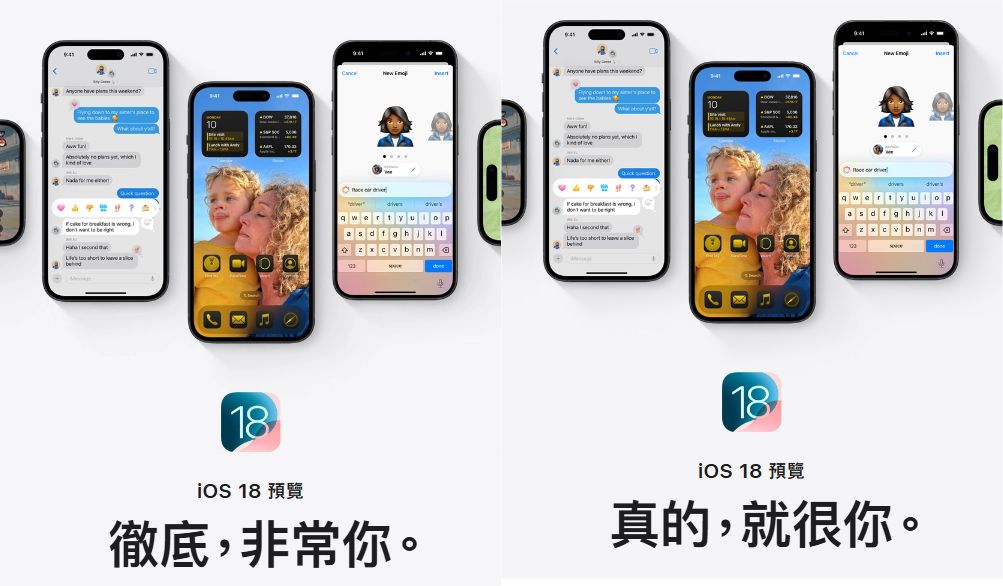
Source: Apple's official website/Left Hong Kong, Right ##
Along with iOS 18, iPadOS 18 and macOS Sequoia were also released. Apple's promotional copywriting on its mainland China official website is "Completely Rewritten, New Benchmark" and "Sharp as Ever for Mac," respectively, both with a strong Apple flavor. It seems that Apple's translation team has caused quite a few laughs, and almost every year, the slogans translated on Apple's mainland China official website challenge netizens' Chinese comprehension abilities.
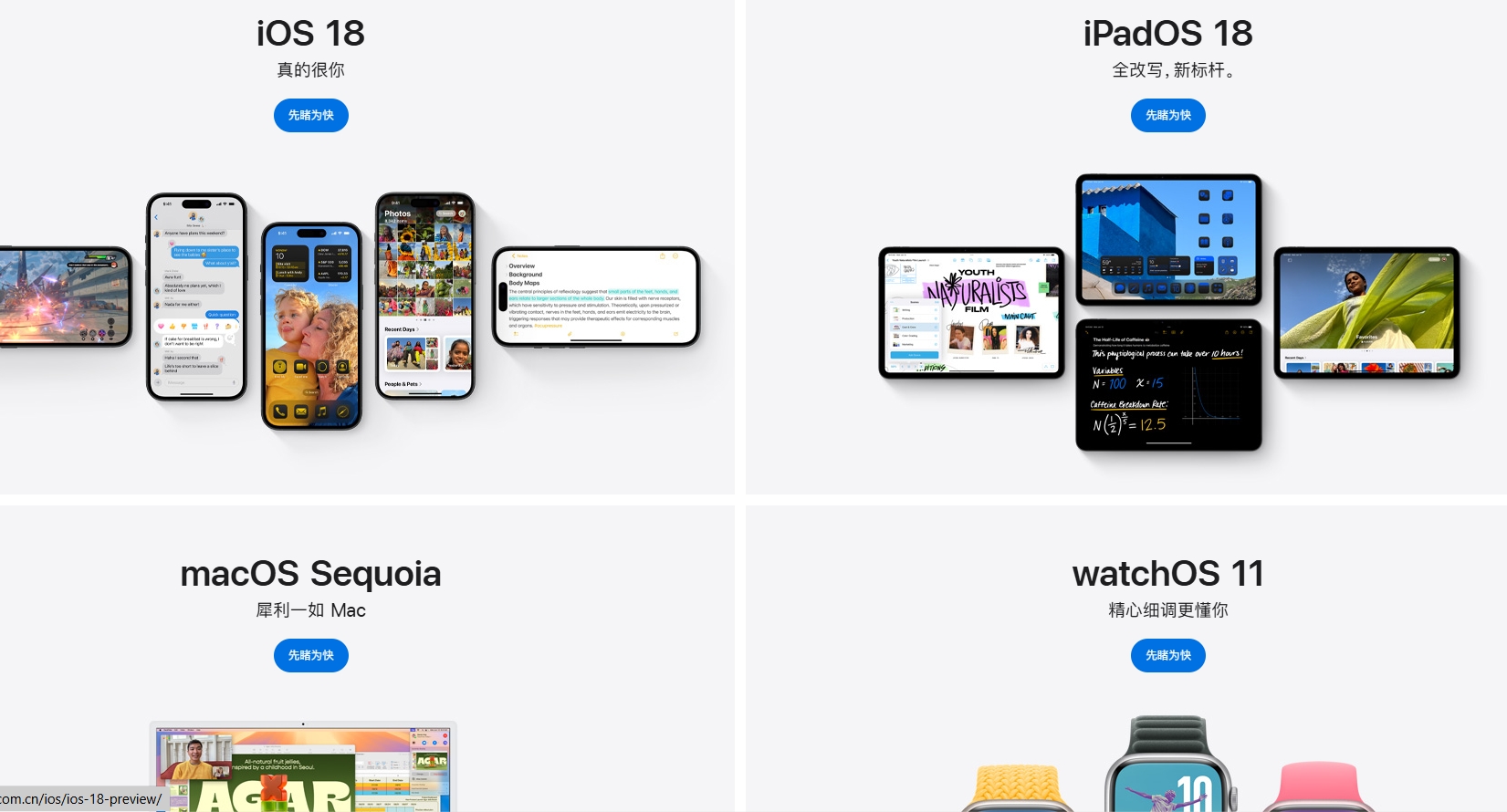
Source: Apple's official website
Do you remember what the slogan for the iPhone 6 was? Yes, it was the classic "Bigger than bigger." The English version actually makes sense, as the iPhone 6 and 6 Plus were indeed Apple's first step towards larger screens.
However, Apple's mainland China official website translated it as "Bigger than even bigger." Even those with basic English skills would find it difficult to give such a direct translation. In comparison, the translations "Beyond Big" from ## and Hong Kong are much more down-to-earth.
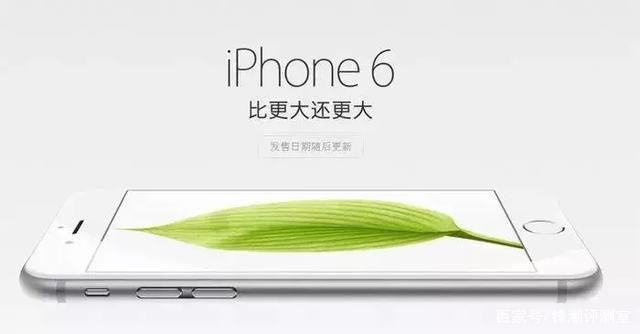
Source: Weibo/iPhone 6 product page
There are many other surprising Chinese copywriting examples, such as "A gift that makes Mom happy, opened again and again," "A big event for developers, a great thing that delights everyone," "Server, serving the people," "Really laughing, laughing out loud."
These Chinese phrases, while understandable, feel unnatural and come entirely from Apple's mainland China official website's product introductions. It's unclear why Apple's mainland China official website often translates its promotional slogans into such strange styles, giving people a strong sense of incongruity, with a tone and logic that are completely different from normal Chinese expressions.
Of course, you could interpret this as Apple trying to create unique expressions to form special memory points and brand recognition. But from a user's perspective, I don't think this is a good thing. The heat and traffic generated by memes cannot make up for the damage to the brand.
Outlandish Chinese Translations, Frequent Mistakes by Overseas Brands
In fact, Apple is far from the only one who takes Chinese translation lightly. Many foreign companies also suffer from "translation difficulties." One of the most well-known examples is Microsoft, as there are many strange Chinese translations in Microsoft's Windows operating system, leading netizens to create the term "Microsoft-style Chinese."
"Your computer is restarting, sit back and relax," This phrase emerged from a mistranslation on Microsoft's Windows 10 Preview installation screen, where the original English text was "Sit back and relax." Although this "god-level translation" was quickly corrected in subsequent versions, the phrase spread on the internet, becoming another phrase used to吐槽incorrect translations.
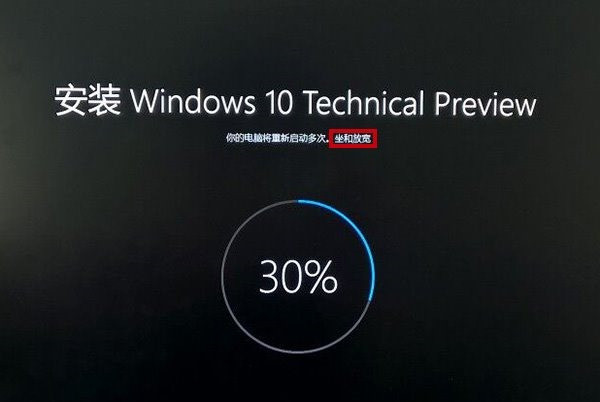
Source: Weibo/Windows 10 Preview installation screen
Windows has been in China for over 20 years, and during the localization process, Microsoft has created many such unexpected "golden quotes." Of course, this is a polite way of saying it; a less polite way would be machine translation without human verification.
These Microsoft-style Chinese phrases aim to create a warm and caring feel, but the slightly rude translations make people's doubts and blood pressure rise simultaneously.
"Roll back to the previous version," The meanings of rollback and roll back are completely different, and this translation is obviously impolite.
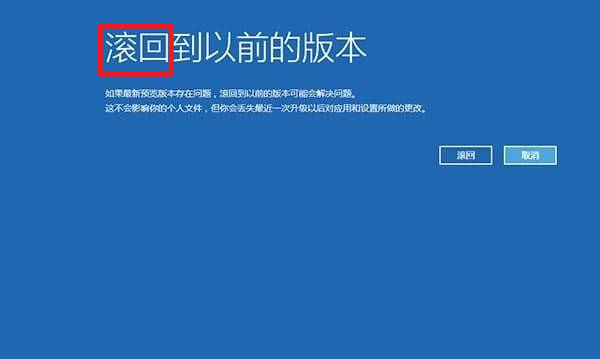
Source: Weibo/Win10 Preview downgrade title
"Don't say we didn't warn you..." This impolite upgrade warning from Microsoft could scare away users.
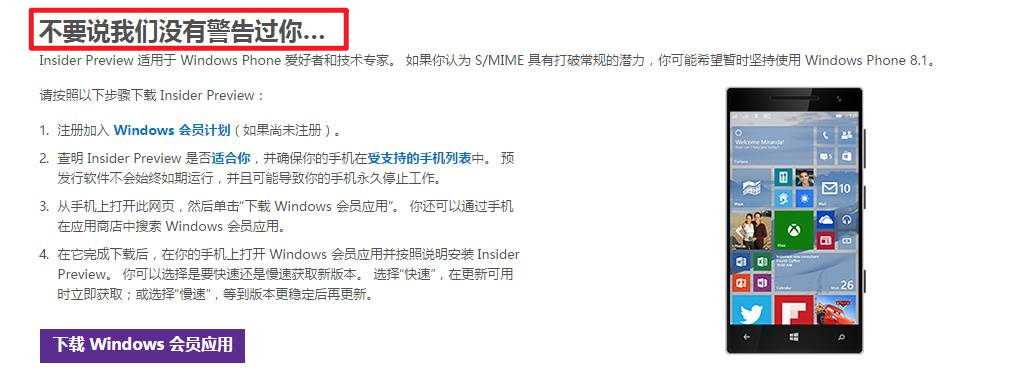
Source: Weibo/WP upgrade preview warning
"Happiness countdown,"霸道总裁文风, Windows updates don't allow any refusal.
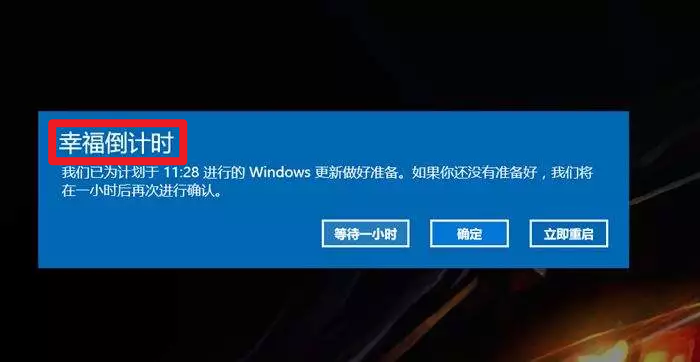
Source: Weibo/Win10 forced update popup
"Windows 10 is not for all of us, but for each and every one of us," We can still see the "literary cultivation" of Windows' divine translation. A humble yet arrogant self-introduction is a big step for Microsoft to compete for the Mao Dun Literature Prize.
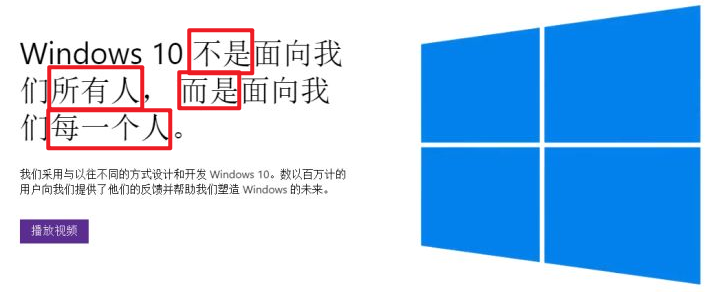
Source: Weibo/Windows 10 promotional page description
There are too many similar Microsoft-style Chinese examples, and I believe every Windows user has experienced them. Simply put, most Microsoft-style Chinese comes from Bing's machine translation, which, while not entirely coherent, cannot strictly be considered incorrect translations. Occasionally, there are typos entered by Microsoft employees, coupled with the lack of dedicated personnel for later checks, resulting in word order, tense, idiomatic expressions, and typesetting that do not conform to the usage habits of Chinese users.
This is also the main reason for low-level translation errors by foreign companies like Apple and Microsoft.
Apple and Microsoft Should Pay More Attention
On the surface, some companies' errors in translating Chinese stem from a lack of understanding of Chinese culture and a lack of careful scrutiny during the translation process. But in reality, these strange Chinese translations reflect a lack of emphasis on translation work.
Localization is an issue that all multinational businesses need to face, and to judge whether a company's localization is sufficient, translation issues come first. However, when some companies enter the Chinese market, they often overlook the importance of translation, leading to many ridiculous translation errors. These errors not only damage the company's brand image but also affect communication with consumers.
First, translation is not just a language conversion but also a cultural transmission. A successful translation should accurately convey the meaning of the original text while considering the cultural background and usage habits of the target language. For example, some Western slang or puns may not have corresponding expressions in Chinese. If translated directly, they may not achieve the desired effect and may even cause misunderstandings.
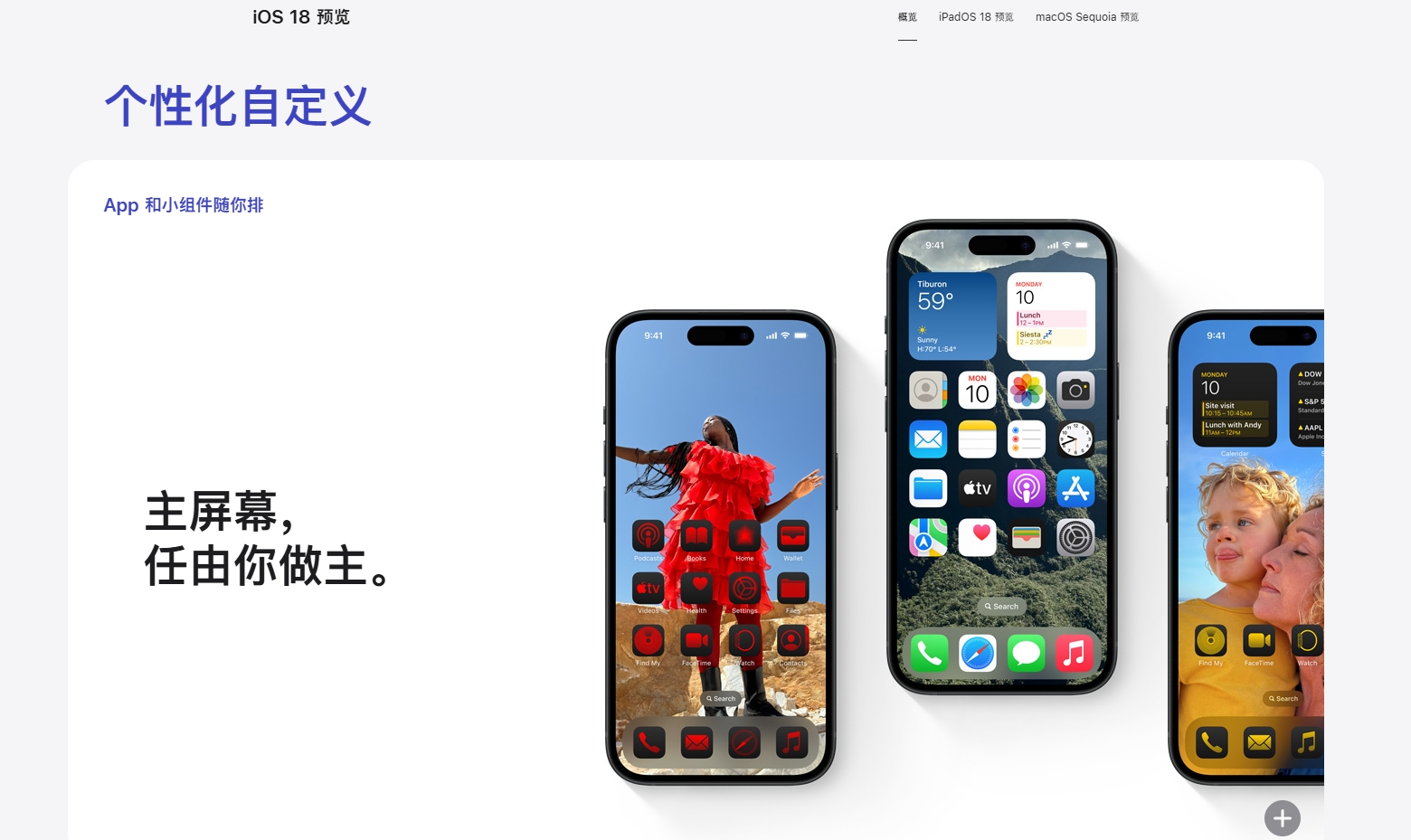
Source: Apple's official website
Second, the quality of translation directly affects the market acceptance of products. In a competitive market environment, consumers' choices often depend on details. A translation full of errors can easily make consumers doubt the quality of the product, thereby affecting purchasing decisions.
Furthermore, translation errors may also involve legal risks. In some cases, incorrect translations may violate local laws and regulations, causing unnecessary trouble for the company. For example, if product manuals are poorly translated, they may mislead consumers, leading to improper use and even safety accidents.
As leading brands in their respective fields, Microsoft and Apple should attach more importance to translation work when localizing and invest sufficient resources and effort. This includes hiring professional translators, conducting strict quality control, and cooperating with local cultural experts to ensure the accuracy and appropriateness of translations. Only in this way can companies reduce barriers in cross-cultural communication and win the trust and support of consumers.
Finally, companies should establish an effective feedback mechanism to timely collect and process consumers' opinions and suggestions on translations. This not only helps companies continuously improve translation quality but also reflects their respect and attention to consumers.
Behind these outlandish Chinese translations lies a lack of emphasis on localization by companies. With the increasing perfection of localization work, these "wildly growing" XX-style Chinese will eventually become a memory of the internet. I look forward to Apple's next Chinese promotional copywriting being understandable to users.
In the first half of 2024, the tech industry was in turmoil.
Large models accelerated their rollout, with AI phones, AI PCs, AI home appliances, AI search, AI e-commerce... AI applications emerging one after another;
Vision Pro went on sale and entered the Chinese market, igniting another wave of XR spatial computing;
HarmonyOS NEXT was officially released, changing the mobile OS ecosystem;
Automobiles fully entered the "second half," with intelligence becoming a top priority;
E-commerce competition intensified, with price wars and service wars;
The wave of going global surged, with Chinese brands embarking on a global journey;
...
In the hot July, LeTech's mid-year review series went live, summarizing the noteworthy brands, technologies, and products in the tech industry in the first half of 2024, reflecting on the past and looking forward to the future. Please stay tuned.
Source: LeTech







